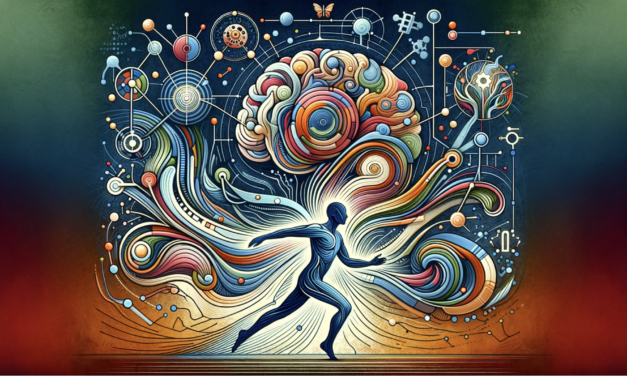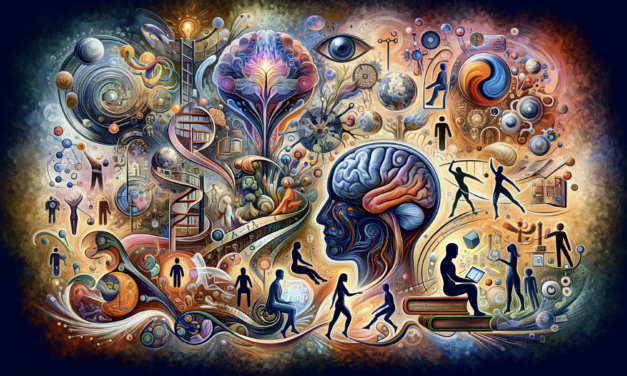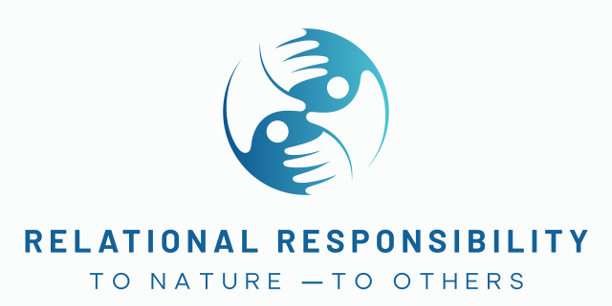Rebuilding Trust: A Cornerstone for Successful Societies, Projects, and Global Relations
From my earliest PhD research into the ‘Cost-Trust Relationship’ at construction sites, to observing broader societal shifts, it’s evident: Trust is not just a social nicety—it’s an economic imperative. This article examines the decline of trust in our society, its direct impact on project costs, and how personal actions can foster a more trustworthy environment.
Read More





